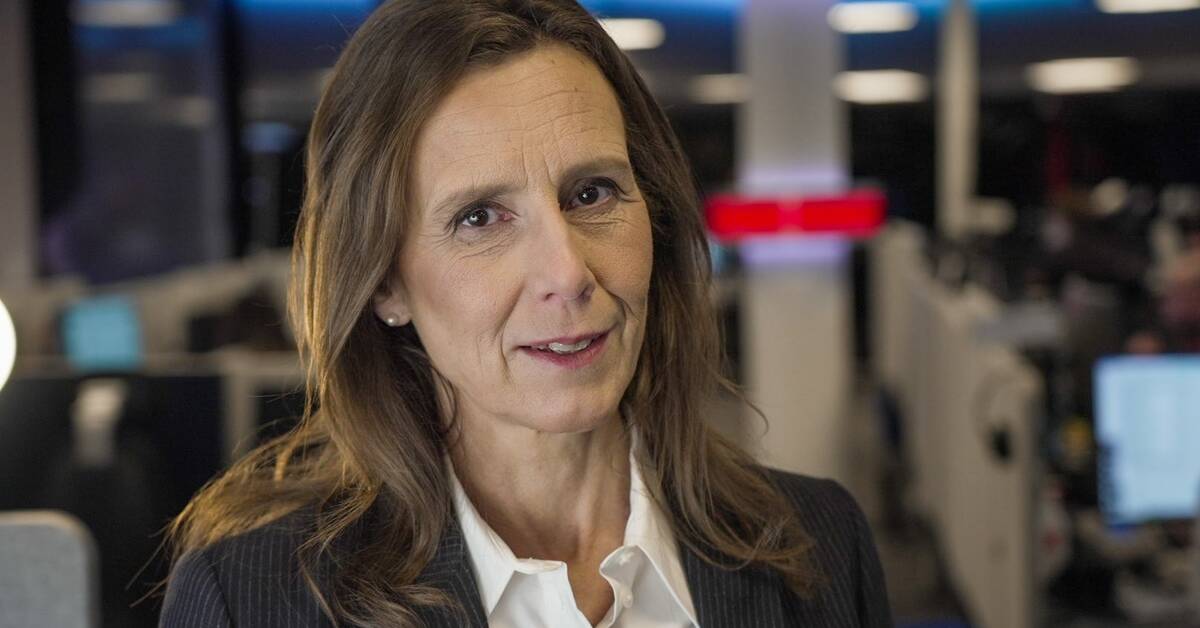Russia's war in Ukraine creates energy crisis in Europe.
This makes it interesting to go back to the oil crisis in 1973. It was also triggered by a war, the October War, when OPEC cut off oil supplies to the West.
As the name suggests, that war broke out just as winter was just around the corner.
Sweden got 75 percent of its energy from oil.
Now it became 500 percent more expensive, and above all it would not be enough, which the government checked immediately.
Three weeks later, it had energy-saving campaigns in the press, radio and television underway, an agreement with the oil companies to reduce deliveries and a law on petrol rationing hammered out.
Office rats were allowed to freeze
There are similarities then and now: acute energy shortages and the realization that we must move away from oil dependence.
And there are differences.
Like the war this time broke out when spring was at the door, not winter.
And that more is at stake than economy, comfort and warmth indoors: namely the climate and peace in Europe.
It should provide better opportunities for well-thought-out and comprehensive measures than last time.
But it seems the opposite.
Homeowners in Sweden in 1973 immediately had their oil deliveries reduced, and municipal office rats sat in cardigans at work when the heat was lowered to 20 degrees.
Admittedly, the European Commission has now compiled a consumer guide on how to save energy, and there were already plans and goals for reducing energy consumption in homes.
But the European Commission is now talking about increasing the pace of energy saving from 9 percent to 13 percent - until 2030.
It feels rather slow when 75% of construction in the Union has low energy performance.
Throws money over car owners
And while petrol was rationed to 100 liters for a month in 1973 and job commuters in Västerbotten received a fraction of the requested extra amount, today's politicians in Europe have reduced petrol taxes and poured money over car-borne citizens.
In Sweden, the government is skipping the increase in biofuel involved in diesel next year.
There will be 880,000 extra tonnes of carbon dioxide to the atmosphere, shows SVT's review.
This is happening despite the fact that it is the climate goal for 2030 that is at stake.
The goal is linked to the EU's "Fit for 55" plan, which was voted on by the European Parliament.
Among other things, there will be a price for carbon dioxide emissions also for transport and buildings, exactly as economic expert organizations advocate.
But: in the form of emission rights, with uncertain and varying prices.
And the price will, according to the Swedish Environmental Protection Agency's assumptions, be even lower than the price of the industry's emission rights, which is also, still, lower than what the experts believe is sufficient.
Distributed free of charge
Following the defeat in the European Parliament, it is unclear what a new proposal for increased emissions trading will be.
The vote means that the emission rights will be reduced at a faster rate, but also free dividends for many more years.
Which I - despite some setbacks - maintain can be likened to the distribution of free drink tickets in high school, staged by the school principal.
The simpler way, carbon dioxide tax, was introduced in Sweden as early as 1991, with few followers, perhaps because drink tickets feel better for politicians.
After the message in 1973 "get rid of 75 percent of the heating oil and the monthly ration of 100 liters of petrol", the crisis ended in the spring.
Central Operations Management published an advertisement in the daily press with the text "Thank you for really good electricity savings!".
Now the climate minister says that "it is about ordinary people actually being able to get to work".
And it's hard to imagine any politician or authority thanking the people - for anything.
Maybe that's where the problem lies.
Or that's the name.
"Fit for 55".
Had someone in 1973 decided to name the crisis plan, it would probably have been "Deal with 75".

